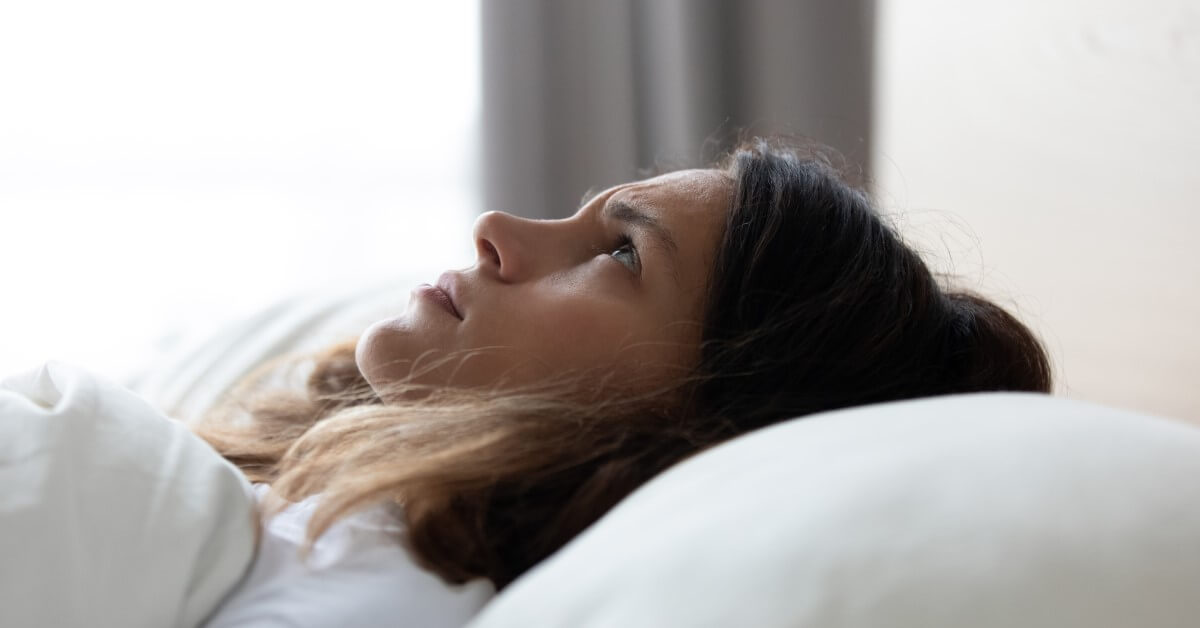The First Night Effect | Choosing Sides | So Why is This? | Potential Remedies
The First Night Effect
For many people, the experience of the so-called first-night effect (FNE) is a familiar one.
It’s an unpleasant situation we find ourselves in when we sleep in an unfamiliar place, like a hotel or a friend’s house.
It can cause you to take longer to fall asleep, and once asleep, it’s broken and un-refreshing.
So the question remains: what causes sleeplessness when we’re away from home?
Choosing Sides
The topic of FNE has only recently begun to be studied. Although the effect isn’t fully understood, along with the efficacy of home remedies, a few key points have been revealed.
When researchers looked at how the two sides of the brain behave during an FNE episode, they found that the left side of the brain was significantly more active than the right.[1]
Researchers also found that the more different the two sides of the brain behaved, the longer it took to fall asleep.
The same experiment showed that the brain’s left hemisphere was more sensitive to external sounds during sleep. This physiological response results in a stronger reaction to random noise, causing fragmented sleep.
So Why is This?
In nature, many animals sleep with one-half of their brain alert.
Marine mammals and some species of birds especially have what’s known as unihemispheric slow-wave sleep.
Physiologically, this acts as a sort of ‘early detection’ system which allows a part of the brain to remain vigilant.
If there’s a strange sound, the likelihood of waking up and reacting to potential danger increases.
The human brain does not show the same level of FNE as other animals, but scientists hypothesize that humans experience this effect on a less dynamic scale.
After all, our ancestors had to worry about predators and enemies when our dwellings weren’t as robust and protected as they are today.
Potential Remedies
As this topic has only recently begun to be researched, there is not much we can do to remedy the situation based on current scientific data. However, there is some anecdotal evidence where minor adjustments could help.
Some people have claimed that taking their pillow with them to a new place helped them sleep. It’s possible that familiar sensory perceptions, such as sight, feel, and smell can help ease the mind.
For regular travelers, a form of involuntary exposure therapy due to the frequency of travel causes the brain to become accustomed to sleeping in new places.
Conclusion
We don’t fully understand the physiology behind FNE; however, you can help manage sleeplessness by bringing familiar sleep items, like pillows and blankets, with you when you sleep away from home.
References:
- Tamaki M, Bang JW, Watanabe T, Sasaki Y. Night Watch in One Brain Hemisphere during Sleep Associated with the First-Night Effect in Humans. Curr Biol. 2016 May 9;26(9):1190-4. doi: 10.1016/j.cub.2016.02.063. Epub 2016 Apr 21. PMID: 27112296; PMCID: PMC4864126.






